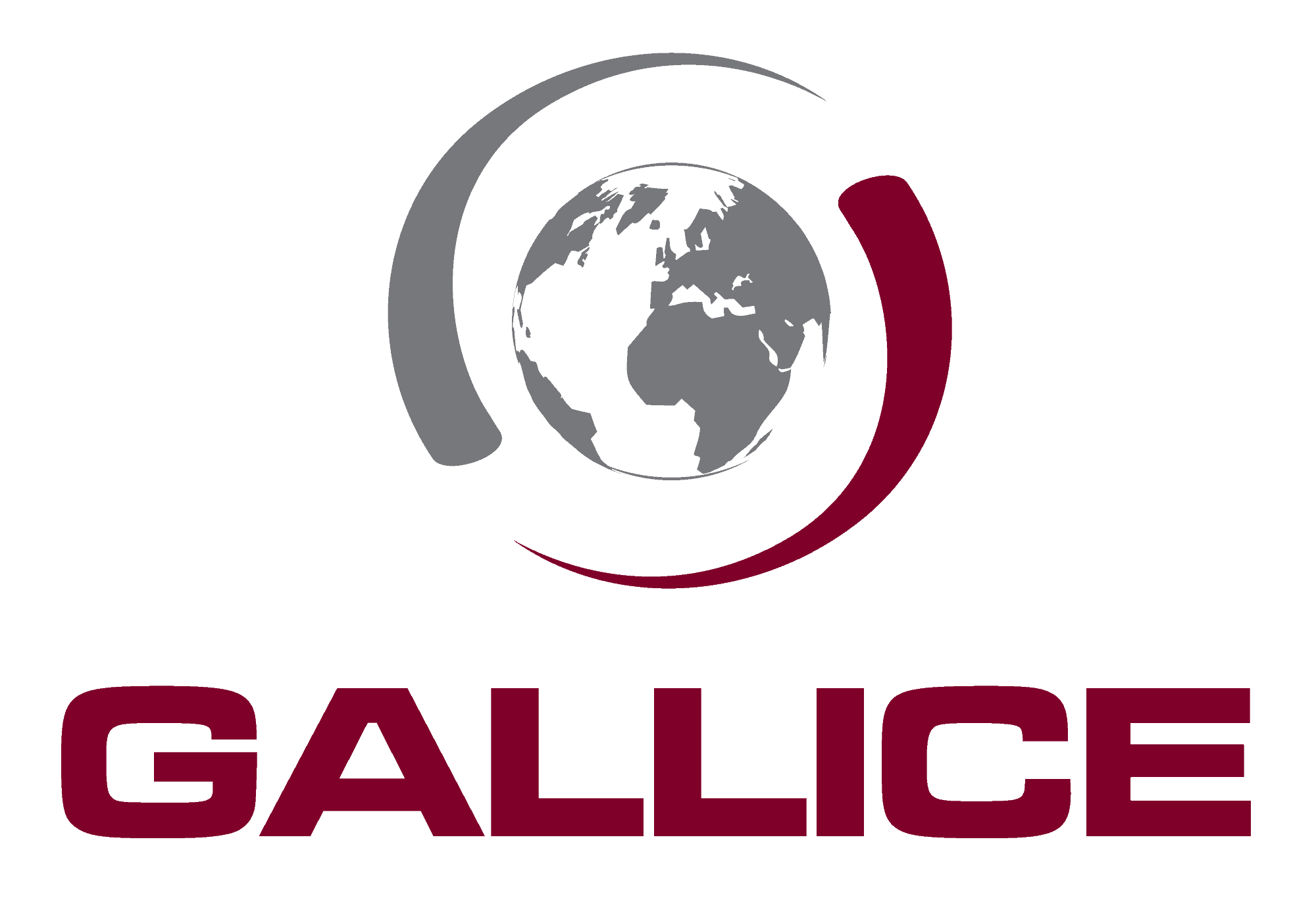CANADA
Canada is a federal state with a majority population of Anglo-Saxon descent, alongside a French-speaking Québécois minority and a small indigenous group known as the First Nations. This complex ethnic distribution has led to tangible social tensions.
On one hand, Indigenous peoples are demanding that the Canadian state be held accountable for its colonial past. They had found in Justin Trudeau a relatively receptive Prime Minister, particularly in a media context where historical abuses are continually exposed.
On the other hand, Canada’s political polarisation is reflected in the longstanding demand of francophone Québécois for autonomy or even independence. Trudeau’s policies, especially on immigration, were met with resistance in Quebec, and uncertainty surrounds the direction of his successor, Mark Carney.
Immigration is a key issue in the country: in this federal system where Anglophones and Francophones, liberals and conservatives clash, immigration serves as a political balancing tool. Francophones favour Haitian and Maghrebi immigration, while Anglophones prefer Indian and Pakistani migrants. With a population half the size of France, Canada receives nearly twice as many migrants—around 600,000 annually. This high migration flow creates major integration challenges—culturally, religiously, and economically.
Often viewed as a “quiet strength,” Canada remains a very safe and peaceful country, but one facing significant structural challenges. Like the United States, it appears to be entering a slow process of political fragmentation, with the long-term risk of Balkanisation if certain provinces leave the federation. However, in the near term, Canada remains very safe for travellers, with very low crime and generally well-controlled social movements.
